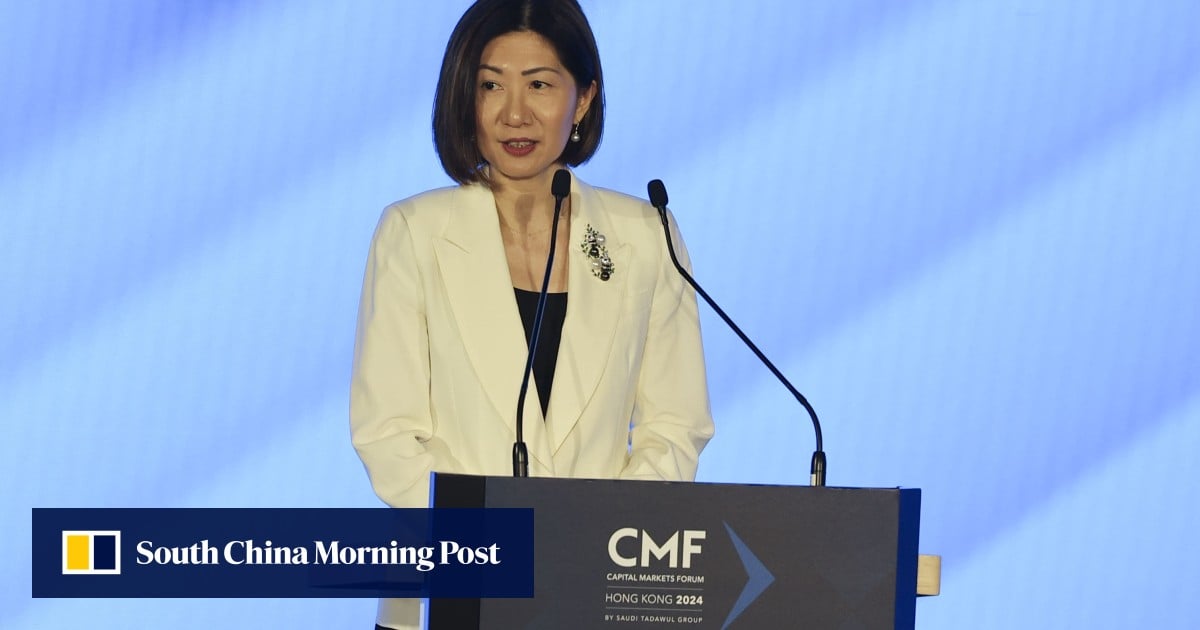
HKEX, the world’s top IPO destination seven times between 2009 and 2019, has received more than 100 listing applications this year, with first-quarter applications rising by 30 per cent from last year to 60 bids, Chan said.
That is good news for the exchange, which fell to 10th place globally, after fundraising by 12 companies fell 29 per cent to US$604.4 million in the first three months of this year. That was the least amount raised since the US$580 million generated in the second quarter of 2022 and the worst first-quarter performance in 15 years and follows the Hong Kong benchmark Hang Seng Index’s 35 per cent decline over the past three years.
Hong Kong IPO market to be driven by ‘unbelievably huge’ China companies: Citi
Hong Kong IPO market to be driven by ‘unbelievably huge’ China companies: Citi
Chan is confident about growing Middle Eastern participation in Hong Kong’s IPO market and points to the attendance at the Capital Markets Forum. The forum, co-hosted by HKEX and Saudi Tadawul Group, the parent of Saudi Exchange, was held at the Stock Exchange Connect Hall, which housed the stock exchange’s trading hall until 2017, before it went electronic.
“The forum in Hong Kong provides a platform for investors and companies executives from the Middle East and China to discuss possible deals,” Chan said. “Hopefully, some of these talks would become deals or even IPOs, which will further strengthen Hong Kong’s role as a connector between mainland China and the Middle East.”
Last November, CSOP Saudi Arabia ETF, the first exchange-traded fund in Asia that tracks the Middle East’s biggest companies including Aramco, listed on the Hong Kong exchange.
“The [oil reliant] kingdom of Saudi Arabia is diversifying its economy by developing new sectors of high technology and other manufacturing industries. This presents a lot of interesting investment opportunities for investors in our side of the world,” Chan said.
She said this was a perfect opportunity for investors in the world’s second-biggest economy.
“We are looking at mainland China, which has a very fast-growing middle-class population, and they are also looking for diversification of investments.”
Hong Kong will play a key connecting role between the two sides, as international companies listed in Hong Kong are already traded by mainland investors through the Stock Connect schemes, she said. These connect schemes, started in 2014, allow cross-border listing in stocks, bonds, and other products.
“For some of the Middle East and international corporations, looking at potential listings in Hong Kong is really a very attractive offer,” she said. “It is unique because only Hong Kong has the Connect scheme.”

